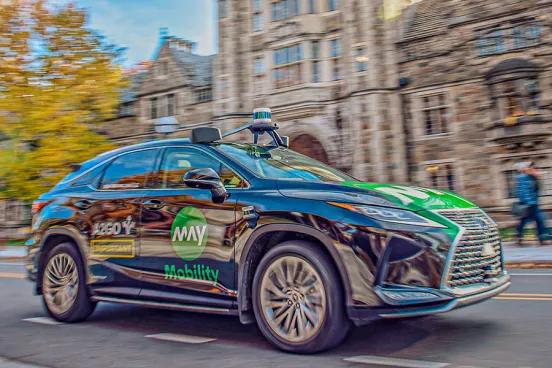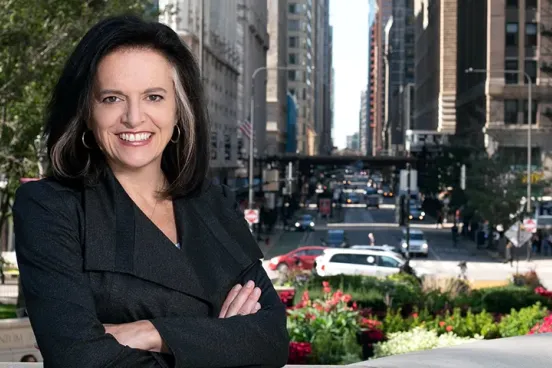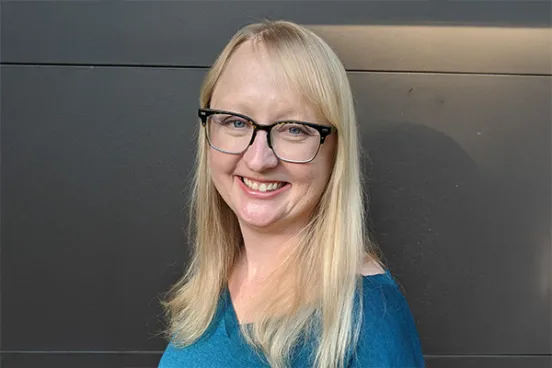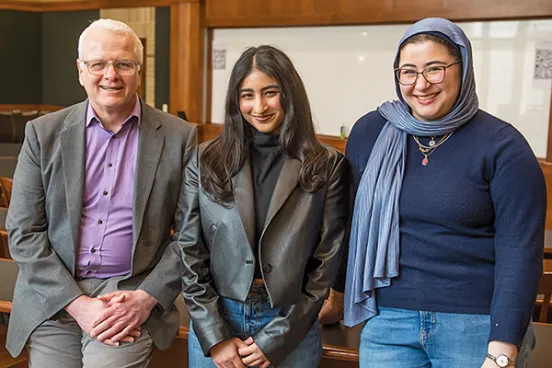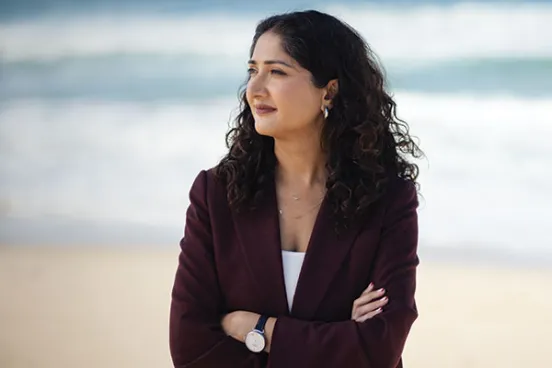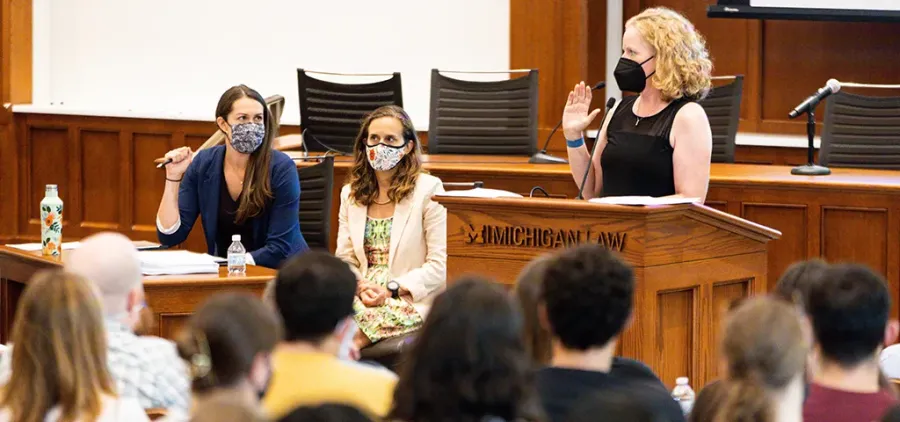
In a year where virtually everyone needed extra help to get by, Michigan Law students went above and beyond to offer their assistance through the Law School’s Pro Bono Program, which asks students to voluntarily commit to pro bono service outside of the classroom. Despite the constraints of the pandemic, a record-breaking 252 students participated in the program during the 2020–2021 academic year.
“Students did a great job getting the word out via student listservs and making a strong effort to pivot to online work,” says Amy Sankaran, ’01, director of externships and the Pro Bono Program. “Most people come to law school because they are excited about the idea of using law to do something practical, and pro bono is a chance to do that before even joining a clinic or having a summer job.”
Sankaran notes that while some projects faced challenges, others seemed serendipitously structured for the online year. One well-prepared project was the Civil Rights Litigation Clearinghouse, an online repository of documents and analysis about important civil rights cases that was founded in 2006 by Margo Schlanger, the Wade H. and Dores M. McCRee Collegiate Professor of Law. Justin Hill, a 3L, says there was a flood of new work into the program during COVID, in particular voting rights cases and conditions of confinement cases in the nation’s prisons, as plaintiffs around the country utilized Clearinghouse resources to bolster their own complaints.
Hill notes that the experience has been a useful supplement to his classes. “We get to read actual motions and see how the law works when it’s not resulting in [opinions published in casebooks] or when issues are resolved out of court,” he says. Hill, who has been involved with the project since his 1L year, describes the work as the “single most defining feature of [his] law school experience.”
Some projects faced initial obstacles but ultimately adapted to a remote setting. Erik Lessler, a 2L student leader involved with Street Law, a national legal and civics education program for secondary school youth, says that online programming made it more difficult to “spur the connection” with students at the Juvenile Detention Center (JDC). But he notes that “the law students were eager and willing to adjust their teaching styles to ensure the students stayed engaged.” Looking ahead, Lessler plans to teach in person at the JDC two hours a week.
Similarly, the Michigan chapter of the International Refugee Assistance Project shifted some of its focus to accomodate more remote work. Vishal Sharoff, a 3L, worked on a court monitoring project that dealt with COVID-related procedures in immigration courts and ultimately drafted a research brief on the issues. Sharoff credits the “increase in law students wanting to join our chapter” with the organization’s ability to carry out plans to launch a new resettlement project in the area in cooperation with local immigrant rights groups and nonprofits.
This year, with most classes back in person and the ability to connect with clients and cases mostly restored, the Pro Bono Program’s future looks bright. Michael Allen, a 1L, participated in an expungement fair during orientation to help Michiganders take advantage of the state’s new expungement law. The law expands eligibility to petition for an expungement in several ways and creates a new process that will automatically seal certain non-violent conviction records if a person has remained conviction-free for a period of time.
Allen said that the expungement fair was an eye-opening experience to kick off his law school career. “Whether it’s someone looking for a new home or employment, or just looking to move on from a decade-old conviction, it’s been fulfilling to take part and help them start the process. This project has given me a sense of duty to do more, and I plan to continue to take action.”


